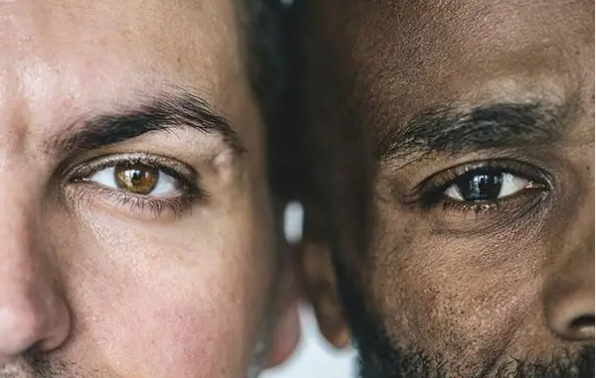
In today's hybrid workplace, unconscious bias remains a significant barrier to forming an inclusive, equity-informed, and caring culture. This foundational program provides a unique and cutting-edge exploration of unconscious bias, including understanding across racial differences and the role of intersectionality. We aim to educate attendees in a psychologically safe space about the imperative for inclusive workplaces, individuals' power to make a difference, and specific strategies to implement. In each program, participants: learn about underlying DE&I issues and specifics about how historically excluded communities are impacted by microaggressions; unpack the impact of microaggressions by exploring their own experiences; increase their understanding and empathy for all individuals; and identify tools to serve as more inclusive, active advocates.

 Organizations are changing and becoming more diverse, inclusive, and values-driven, as well as changing structures by becoming virtual or global. Our research reveals that employees and managers alike have difficulty engaging in conversations expected to be complicated or tense. On the other hand, we also know that learning organizations are feedback-rich, encourage authenticity among all employees, and harness the power of inclusion and cultural differences to meet business goals. To address this gap, we developed a session where participants learn to engage in difficult conversations across and about identity differences, roles, and functions. The workshop helps participants develop this critical leadership competency that can, in turn, help organizations expedite efforts toward developing more inclusive, innovative, and high-performing teams and cultures.
Organizations are changing and becoming more diverse, inclusive, and values-driven, as well as changing structures by becoming virtual or global. Our research reveals that employees and managers alike have difficulty engaging in conversations expected to be complicated or tense. On the other hand, we also know that learning organizations are feedback-rich, encourage authenticity among all employees, and harness the power of inclusion and cultural differences to meet business goals. To address this gap, we developed a session where participants learn to engage in difficult conversations across and about identity differences, roles, and functions. The workshop helps participants develop this critical leadership competency that can, in turn, help organizations expedite efforts toward developing more inclusive, innovative, and high-performing teams and cultures.
What to learn more about our custom programs?
Interested in our DEI Certificate Program?


















